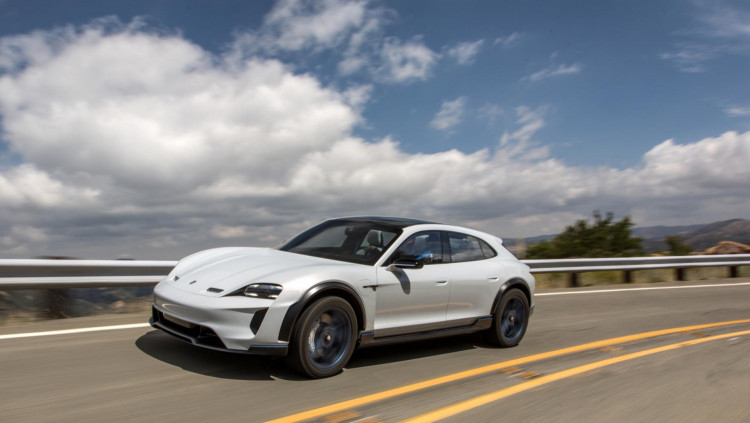Porsche will stop making diesel versions of its cars and will instead focus in developing hybrid and electric technology vehicles, the company announced on Sept. 23.
The company will invest more than 6 billion in developing product lines that follow e-mobility by 2022 in a bid to promote sustainable growth in the long-term.
By 2025, more Porsche cars could either be hybrid or purely electric. The company will also dedicate the years in between now until 2025 in transitioning towards optimized internal combustion engines. Nevertheless, the company's trademark powerful sports car will still make up the majority of Porsche portfolio by that time.
The announcement was made five months after a senior manager at Porsche Germany was apprehended in connections with allegations that Volkswagen, Porsche's parent company, has been rigging its diesel emissions result to pass environmental regulation tests. The controversy erupted two years ago and led to the ouster of Volkswagen CEO and legal cases being heard across parts of the world.
In its official statement released on Sunday, Porsche did not make any mention of the Volkswagen emission scandals. Instead, the carmaker explained that interest in hybrid cars has increased during the recent years. For one, 63 percent of the Panameras units sold in Europe are already hybrid models.
The company also highlighted that demand for Porsche diesel models is dropping. In 2017, sales of diesel vehicles only accounted for 12 percent of the company's worldwide sales. Hence, Porsche has not included any diesel car in its portfolio since February of this year.
Oliver Blume, CEO of Porsche AG, explained that the company is not "demonizing" diesel. He acknowledged that diesel will remain an important propulsion technology. But Porsche, being a sports car manufacturer, envisions a future of cars that are diesel free, Blume said.
Blume said Porsche Taycan will bring the company's first purely electric sports car to the market by 2019. The model will be CO2 neutral and will be supplied with green electricity via ultra-fast charging platforms to be initially built across Europe.
Early in September, former Volkswagen CEO Martin Winterkorn was found acting in bad faith when he told the court in 2017 that he was not aware of the emissions test cheating when the controversy first broke out in 2015.
The 71-year-old former Volkswagen boss is faced with criminal charges in relation to a suit where investors are seeking $10.6 billion in damages for share price losses they incurred when the scandal became public.
Separately, Volkswagen also faces a class-action lawsuit filed by a consumer rights group where petitioners are seeking compensation for up to 2 million Porsche owners who were affected of the diesel scandal.





